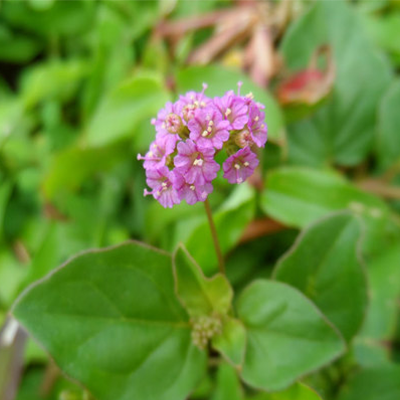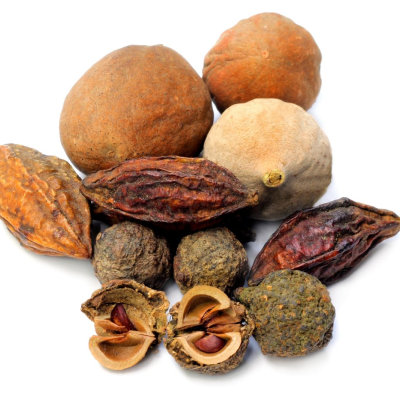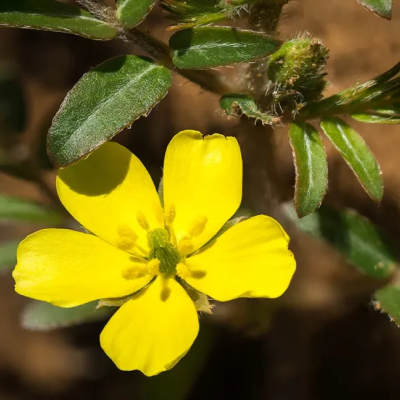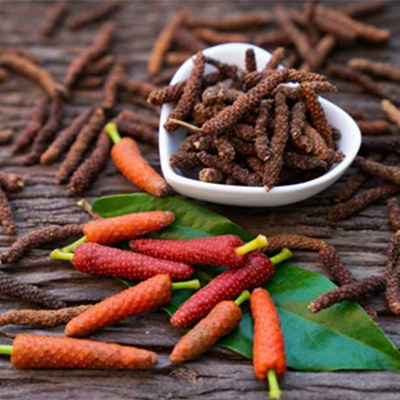Ascites is a condition in which fluid builds up in the abdomen, causing it to swell. This excess fluid usually collects between the layers of tissue that line the belly and the organs inside it. Ascites is most often a sign of liver disease, but it can also be caused by other conditions.
Causes of Ascites
- Liver Disease (Cirrhosis): The most common cause is cirrhosis, which is scarring of the liver due to long-term damage (from alcohol abuse, hepatitis, etc.). When the liver is damaged, blood flow through it becomes difficult, which leads to high pressure in the veins. This causes fluid to leak out into the abdomen.
- Heart Failure: When the heart can't pump blood efficiently, blood backs up in the veins, leading to fluid build-up.
- Kidney Disease: Damaged kidneys can cause fluid and salt to build up in the body, leading to swelling, including in the abdomen.
- Cancer: Certain cancers, especially those that spread to the liver, can cause ascites.
- Infections: Infections like tuberculosis can cause fluid to accumulate in the abdomen.
Symptoms of Ascites
The symptoms of ascites vary depending on the amount of fluid. In mild cases, there may be no symptoms, but as fluid builds up, symptoms can include:
- Abdominal Swelling: The belly looks larger and may feel tight.
- Discomfort or Pain: The pressure from fluid build-up can cause discomfort.
- Difficulty Breathing: The fluid can press against the diaphragm, making it harder to breathe.
- Loss of Appetite: Pressure on the stomach can reduce hunger.
- Nausea and indigestion.
How is Ascites Diagnosed?
Doctors may use several methods to diagnose ascites:
- Physical Exam: Doctors can often feel the fluid by pressing on the belly.
- Ultrasound: An imaging test that can show the fluid in the abdomen.
- Blood Tests: Can show liver or kidney problems or infections.
- Paracentesis: A procedure where a small needle is used to remove a sample of the fluid for testing. This helps identify the underlying cause.
Risks Associated with Ascites
Ascites itself can lead to complications:
- Infection (Spontaneous Bacterial Peritonitis): Fluid build-up can become infected, which is dangerous.
- Hernias: The pressure from the fluid can push through muscles, leading to hernias.
- Kidney Problems: Ascites can put pressure on the kidneys, affecting their function.
- Difficulty Breathing: Severe fluid build-up can make it hard to breathe and be uncomfortable.
Conventional Treatment of Ascites:
- Diuretics: Medications that help the body remove excess salt and water.
- Sodium Restriction: Reducing salt in the diet to help prevent fluid build-up.
- Paracentesis: Draining fluid with a needle if the buildup is severe and causing symptoms.
- Treating the Underlying Cause: For example, addressing liver disease or heart failure.
AYURVEDIC PERSPECTIVE
In Ayurveda, ascites is called Jalodara, which translates to “water belly.” It is considered a type of Udara Roga (abdominal disorder) and is often associated with imbalances in the body's doshas (Vata, Pitta, and Kapha) and "Ama" (toxins).
Imbalance in Doshas: Ascites is primarily considered a Kapha and Vata imbalance. Kapha dosha leads to fluid accumulation, while Vata dosha causes enlargement and distention of the abdomen.
Srotas (Body Channels) Blockage: Ama (toxins) can block channels in the liver, kidneys, or digestive system, leading to fluid accumulation in the abdomen.
Weak Agni (Digestive Fire): Poor digestion can create Ama, further aggravating Kapha and worsening fluid retention.
Ayurvedic management of Ascites
Panchakarma Therapy: Detoxification procedures like Virechana (therapeutic purgation) and Basti (medicated enema) help remove toxins (ama) and excess doshas, especially kapha and vata, from the body.
Dietary Modifications: A light, easily digestible diet is recommended, often including foods that are warm, dry, and bitter to reduce kapha. Salt intake is restricted to minimize water retention.
Lifestyle Recommendations: Gentle exercise and practices to improve circulation and digestive strength are suggested, as well as avoiding factors that worsen kapha (like cold, damp environments and heavy meals).
Herbs useful in the treatment of Ascites
Punarnava (Boerhavia diffusa):
Known for its diuretic and anti-inflammatory properties, Punarnava is commonly used to reduce water retention.
Triphala:
This combination of three fruits aids digestion and detoxification, helping reduce fluid build-up.
Gokshura (Tribulus terrestris):
Acts as a diuretic and supports kidney function, reducing swelling.
Pippali (Long pepper):
Used to improve digestion and stimulate metabolism.







